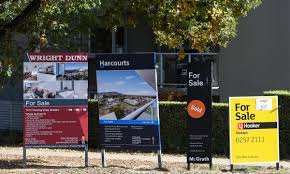
Byron Property Heading Into 2022
For most, 2021 has been a dreadful year, but in the real estate market, it has been extraordinary. Lifestyle destinations like Byron Bay and most regional coastal towns have seen an unprecedented house price increase. There are winners and losers of course and the rental market is dire and accommodation is either non-existent, poor quality and always a long way from affordable.
Upward Trend Line
The market was already moving up in the regions prior to Covid 19. Work from home and families looking for better work/life balance was already a trend. Then the pandemic arrived and put a rocket under it. There was a short downturn in April/May 2020 when people realised Covid 19 was a major global disruptor. The main activity for many was to be online looking for escape routes to the country. Melbourne for example had a net negative migration of more than 10,000 in 2020.
Nationally, median house prices increased more than 25% for the calendar year. The median house price in Sydney, Melbourne and Canberra is now over $1 mil. Byron shire house prices have left this national average in the dust. We now have the highest median house prices in the country and therefore one of the most expensive real estate markets in the world.
Local Increases
Local median house price data varies slightly with different platforms. APM Pricefinder shows the following price increases in our region from the two years from 2019 to 2021:
Byron Bay (2481) : $1.56mm – $2.84m <54%
Brunswick Heads (2483) : $1.15m – $1.84m <62%
Bangalow (2479) : $982,000 – $1.63m <60%
Mullumbimby (2472) : $711,000 – $1,29m <55%
The Byron Shire has the most expensive median house price of any regional area. It is $1,838,286, up 30.2% in 2021. It is above Sydney’s median house price of $1,389,948 and Melbourne’s at $1,002,464. However, the biggest price increase for the year goes to Kiama, 90km south of Sydney. It was up 43.9 per cent, taking its median value to $1,633,086.
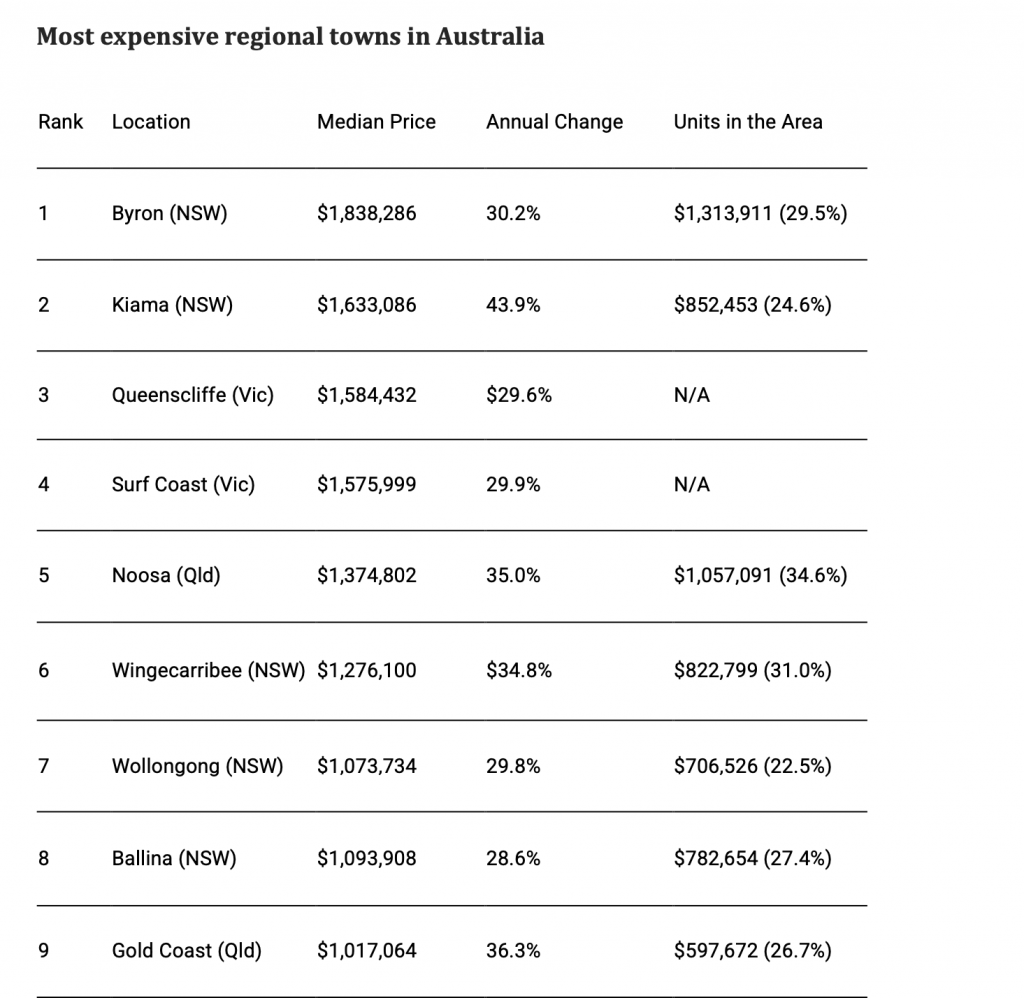
More Stock
One change is there is more stock online now than there was last year. Listing agents are always complaining they don’t have enough stock. Some sellers were probably trying to pick the peak of the trend line before listing and most may have waited too long. Especially with rural acreages in which there are more listings than usual.
Whether this will eventually wash out into lower prices is yet to be seen. My guess is no, as the depth of potential buyers, although less than last year, still appears to be strong. The villages of Bangalow, Brunswick Heads are Mullumbimby are again, as the year moves out of holiday and lockdowns, showing signs of heating up again after cooling a bit between November to January. Multiple bidders and competitive offers are normal on anything that is good and priced to meet the market.
Negative Headwinds
As usual, commentators are talking of bubbles and corrections. NAB released a report predicting a 10% price downturn next year. Westpac also had media with similar estimates. The expected rise in interest rates is seen to be a dampener on the market. This may be true for entry-level and the investor market. Struggle street is certainly sensitive to mortgage stress and cost of living concerns. For good or bad, the Byron region is now the home to lifestyle owner-occupiers who are less affected by interest rate rises. The majority of local deals of late seem to be cash buyers and not debt-dependent. In reality, offers subject to finance in this market are not prioritised by listing agents.
Cynical observers may look at the surge of media about interest rate rises and the advice for customers to fix rates as an income-generating ploy by the big four banks. The time to fix rates would be well before the actual rise occurs. Fixing your rates should only ever be for security and peace of mind. Very rarely does a rate fix ever save anyone money. The banks want to scare punters into fixing rates as it is good for their bottom line.
Airbnb effect?
It will be interesting to see if the incoming policy on Airbnb is going to be a negative headwind on Byron Bay prices. Since January 31st all properties listed for holiday letting will need to follow the 180-day rental limit imposed on the NSW government. All the Holiday Let platforms seem to be determined to enforce these policies and are delisting properties that are not registering.
Anecdotal evidence seems to be there is no panic and owners are prepared to limit themselves to 180 days of occupancy. HL practitioners assume that Byron Shire will not be successful in gaining the 90-day limit, which a few councillors (including Mayor Michael Lyon), are advocating. The 180-day limit will be successful in being a deterrent for new commercial operators trying to enter the market and going for maximum yield. This is a good thing but a 90-day limit will permanently damage the economy and employment of the region and do very little to deliver more affordable house rentals as hoped. The reasoning for this is here in this previous article.
The Manhattan Effect
In closing, I thought to include demographer and Commentator Bernard Salt’s commentary here:
“Frustrated Australian travel budgets are being redirected to lifestyle property in the form of a Byron bolthole or similar. Move permanently to “the weekender” or simply buy something more permanent far from the madding (and infected) crowd. This certainly seems to have been the Melbourne narrative early in the pandemic.
If this has been a consequence of the pandemic, then labour-dependent businesses within the weekender orbit of capital cities would start to suffer from the so-called Manhattan Effect, where essential workers can longer afford to live in the locale in which they deliver their essential labour.
Cleaners, cooks, gardeners, sanitation workers, waiters, labourers and others doing what needs to be done to make a city work are flung out, as if propelled by a centrifugal force, to the outermost reaches, not of New Jersey, but of the Northern Rivers, to the Noosa and Gold Coast hinterland, to the edges of Geelong, Wollongong and Newcastle. And indeed, from such places, essential workers must now commute to deliver their services.”
Hot Properties - July / August / September 2022
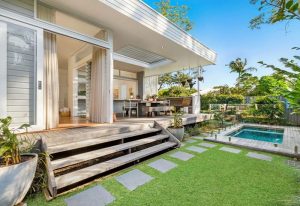
43 Kingsley Street, Byron Bay
view more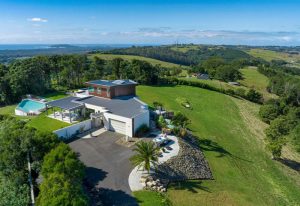
Skyfall, 29 Browns Crescent, Mcloed's Shoot
view more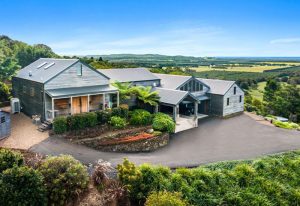
13 Edward Place, Knockrow
view more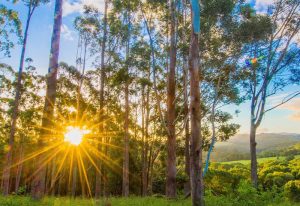
Coorabell Ridge
view more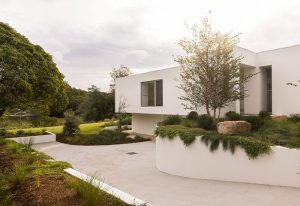
17 Whip Bird Place, Ewingsdale
view more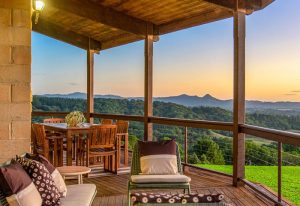
18 James View Court, Coorabell
view more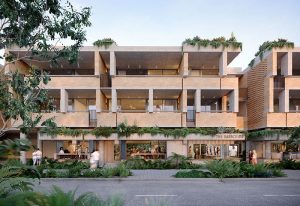
The Barbotine, 116-118 Jonson St, Byron Bay
view more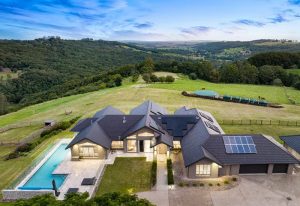
88-90 Mollys Grass Road, Tregeagle
view more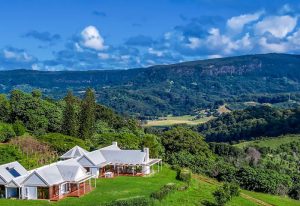
83 Mount Chincogan Drive, Mullumbimby
view more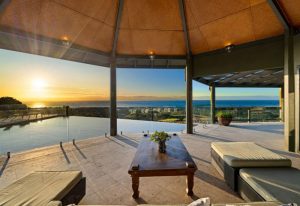
59 Coopers Shoot Road, Coopers Shoot
view more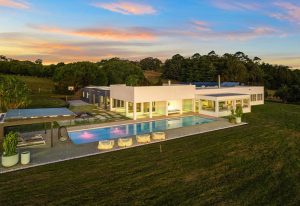
Amelika, 28 Blackbean Lane, Federal
view more